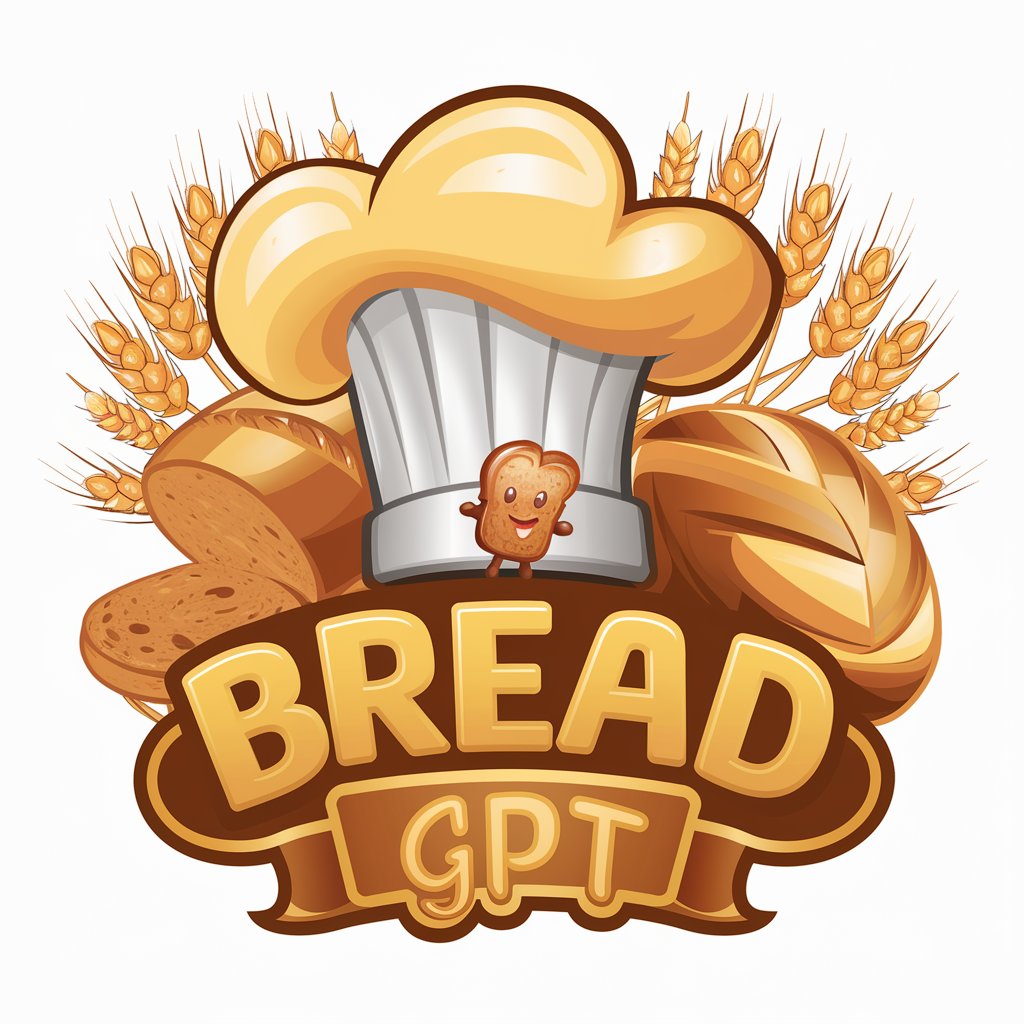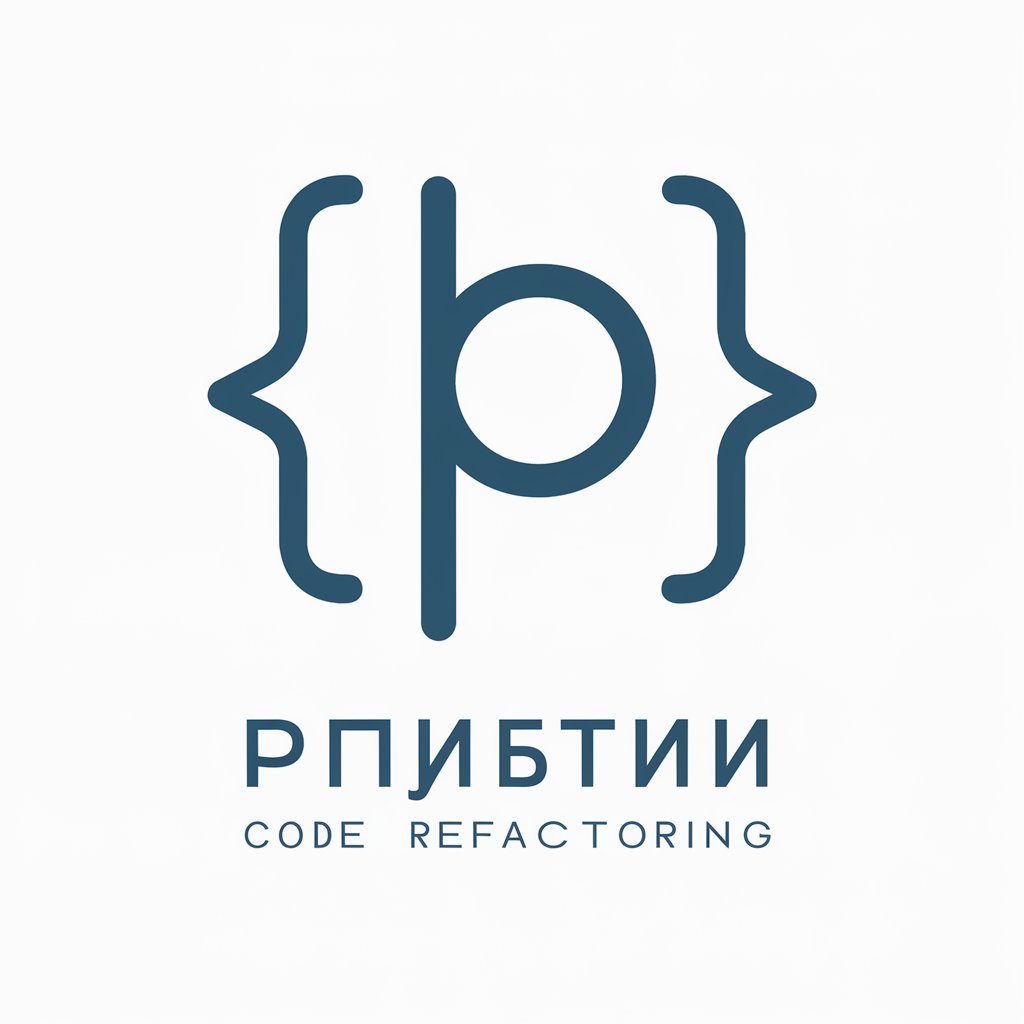
Bread & Butter - AI-driven detailed responses

Welcome! Ask me anything about Machine Learning.
Unleash AI-driven insights and accuracy
Explain the significance of
What are the key concepts in
How does the algorithm in
Describe the role of
Get Embed Code
Introduction to Bread & Butter
Bread & Butter is a tailored ChatGPT model designed to mimic a student well-versed in the 2023 Stanford Machine Learning syllabus. Its primary function is to assist users by answering questions about course content, including lectures, readings, and assignments, as though it were a knowledgeable student preparing for or taking an exam. Bread & Butter can clarify course expectations, elaborate on specific topics covered in the syllabus, and provide detailed responses to questions related to the course. Powered by ChatGPT-4o。

Main Functions of Bread & Butter
Detailed Course Explanation
Example
Explaining the concept of regularization in machine learning, why it is used, and how it affects model complexity.
Scenario
A user is unclear about how regularization techniques like Lasso and Ridge are applied to prevent overfitting in models. Bread & Butter elucidates these concepts using examples from the course material.
Clarification of Assignments and Projects
Example
Describing the steps required to complete a specific programming assignment on neural networks.
Scenario
A user struggles with implementing a convolutional neural network for image recognition. Bread & Butter guides them through the assignment's requirements and suggests debugging tips.
Course Readings Insight
Example
Summarizing key points from recommended readings or research papers listed in the course syllabus.
Scenario
A user needs help understanding a complex paper on reinforcement learning. Bread & Butter breaks down the paper's methodology and findings, relating them back to the course's learning objectives.
Ideal Users of Bread & Butter Services
Students Enrolled in the Stanford ML Course
These users are directly involved in the course and benefit from detailed explanations and clarifications on course content, helping them prepare for exams and complete assignments effectively.
Researchers and Academics Interested in ML Topics
Academics who seek deeper insights or alternative explanations for complex machine learning theories and applications discussed in the Stanford ML course.

How to Use Bread & Butter
1
Start by visiting yeschat.ai to try Bread & Butter without any login or subscription requirements.
2
Explore the available features to familiarize yourself with the tool’s capabilities and interface.
3
Use the specific functionality you need by typing in your queries or commands in the input field provided.
4
Take advantage of the detailed responses and suggestions Bread & Butter provides for various scenarios.
5
For complex tasks, break down your queries into smaller, specific questions to receive the most accurate information.
Try other advanced and practical GPTs
Bread Baking Troubleshooter
Master Baking with AI-Powered Insights

Bread Baker's Assistant
Perfect Your Loaf with AI

Bread Baking Bot
Empowering your baking journey with AI.

Wise Bread
Reviving Wisdom Through AI

Bread Baking 101
Empowering Bakers with AI

Bread Baker's Buddy
AI-Powered Bread Baking Companion

Bread
Automate vehicles with AI-powered breadboards.

Hiromi Uehara
Explore Jazz with AI-Powered Insights

Story Weaver
Transform Memories into Stories

あなたのともだち、田中くん
Empathy Driven AI Conversations

Meal Plannner Pro
Crafting Your Culinary Journey with AI

プログラムチェッカー
Enhance Your Code with AI

Detailed Q&A about Bread & Butter
What is the primary function of Bread & Butter?
Bread & Butter primarily serves as an AI-powered tool that assists users in generating detailed and accurate responses for a wide range of queries.
How does Bread & Butter handle complex queries?
It analyzes the input using advanced AI algorithms to break down complex questions into manageable parts, ensuring comprehensive coverage of the topics asked.
Can Bread & Butter integrate with other software?
While Bread & Butter is a standalone tool, it can be used alongside other software by manually transferring insights and data as needed.
What makes Bread & Butter different from other AI chatbots?
Bread & Butter is tailored to provide exceptionally detailed and contextually relevant answers, making it ideal for users needing thorough explanations and high-level analysis.
Is Bread & Butter suitable for academic research?
Yes, it is well-equipped to assist with academic research, offering precise and detailed explanations and citations that can support scholarly work.